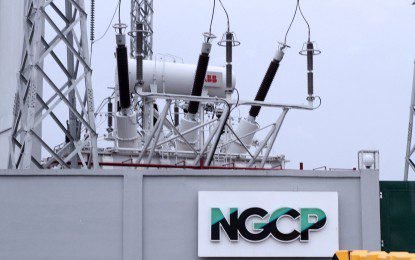The Philippines’ largest food trading hub will be built on 64-hecatre land inside the Clark Aviation Complex, according to the Clark International Airport Corporation (CIAC).
CIAC President Arrey Perez said the facility, dubbed as Clark National Food Terminal project, will support the national government’s vision to make the country a leading agricultural resource hub in Southeast Asia and the world.
“This aligns with the Marcos Jr. administration’s priority projects to address agricultural problems and put a premium on food security as one of the country’s forefront agenda,” he said.
While Central Luzon where Clark is located is considered the Rice Granary of the Philippines, Perez said it is unfortunate that the region is facing issues in terms of producing rice and other crops.
“Thus, this food terminal in the pipeline will help our growers and farmers to have a level playing field and at the same time aggregate together to compete against big producers so that they can earn more by reducing spoilage and wastage of produce, and eliminating middlemen,” he said.
Perez added that the facility will also ensure that there is a chance for value added services.
“Our problem is that we have very good products but they are poorly packaged. If we can preserve these products, package them using the right materials to lengthen the shelf life, we can address that and our products will be more competitive with the products of our neighboring ASEAN countries. If we have that capability, somehow it improves the revenues of growers and farmers. This is just a portion of the whole value chain for agriculture,” he explained.
The CIAC chief said this will help develop value, particularly in the advancement of the country’s aqua-cultural and agricultural industries.
Perez also stressed that this kind of development supports the airport operation and is very much aligned with the vision for the Clark Aviation Complex to become a premier transshipment and logistics hub by providing the commodities that the airlines will fly anywhere in the country and in the world.
The national food terminal’s services will include research and quality control, warehousing, food processing, international shipping, marketing services, and trading for local and foreign markets.
Its feasibility study will soon commence to be followed by exploratory talks with prospective investors for a joint venture partnership.
The project cost is estimated at USD152 million, and is eyed to be completed in two years or from 2024 to 2026. (PIA 3)














